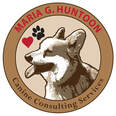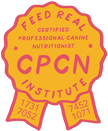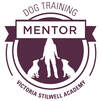|
Welcome to The Sheba Chronicles, your guide for how to raise a happy, confident, well-mannered puppy right from the start!
Check back often for new posts and videos so you don't miss the good bits, the messy bits, and everything in between that comes with raising a puppy. Also be sure to like and follow Sheba on Facebook and Instagram. Warning: cuteness overload ahead! |
Regardless of your puppy's breed, sex or age, you can make the concept of potty training easier for any puppy to grasp by providing clear parameters and working in small slices to build your way up to your final goal. The more clear and consistent we are in having good training opportunities, the faster your pup will become housetrained! These are the "rules of potty training" that I share with my clients and that I am practicing with Sheba... The Steps:
Troubleshooting tips: What do you do if your pup looks completely confused? Sometimes it can help the pup make a clearer connection if they smell their urine in the area where you want them to relieve themselves. This is one of the reasons why dogs tend to go in the same spots or go where they smell other dogs have gone - in addition to that marking behavior, of course ;-) If your pup has had a potty accident inside the house, somehow "scoop/suck some up" - like in a spoon or syringe - and then place/pour outside in the area where you want the puppy to go. What if I just had my puppy outside, she did nothing, and then she potties in the house 5 minutes later? I would keep the pup's options limited in the home to a smaller space until she has better control over her bladder/bowels. This could mean the crate when unattended, or being gated in the same room where her people are, or on leash with her people - probably fluctuating between these depending on the situation. This way someone is either able to observe her at all times - to watch for signals that indicate she is getting ready to go - or she is confined to a small enough area where she is less likely to want to potty due to space. Avoid allowing her to move from room to room or around furniture, as puppies will often go around or into a corner to potty where it is out of sight/they don't have to stay close to their excrement. What if my puppy gives me no signs that they have to go, I just find a puddle/pile on the floor? Rather than waiting for a pup to give a signal that she has to go out to potty (as she may not know what that should be in the beginning), I would put her on a regular potty schedule - it's better for her to be given more opportunities to go outside when she doesn't go than being given less opportunities to go outside and then more practice going potty indoors because we miss an opportunity. You can determine how long between potty trips by taking a look at how frequently a pup has been having accidents inside the house - if let's say the majority of incidents have been within an hour and a half of taking her out, then I would offer her an opportunity every hour or hour and 15 minutes to ensure she gets the opportunity to go outside before she needs to go so badly that she goes in the house. Can't I use bells on the door to teach my pup to go out? What if she's not getting it? While you could use bells to teach your pup to indicate to you that they have to go potty, I do not rely on this method myself because they are not a clear connection to the act of eliminating itself (so many pups will get the wrong idea about what ringing the bell actually means). Think about it this way if you will...
If you do find a puddle/pile on the floor, there is no effective way to discipline your puppy after the fact so please do not yell at, spank, rub your puppy's nose in it, etc. After a few seconds of completing a behavior, puppies are onto the next thing in their short attention spans. A pup cannot make the connection that you are mad over something that happened 10 minutes ago. So if you act out in one of the aforementioned ways your puppy can actually become afraid of you or just think you are crazy (after all, who wants to have their face rubbed in poo?) and this will negatively impact your relationship. So all you can do is clean up the mess, consider it what I call a "missed training opportunity" and shorten your time between potty trips to get ahead of another accident and help your puppy be successful next time. Even though I take Sheba out very frequently, sometimes she just doesn't go when it's windy, cold, raining, or she's distracted, and so accidents do happen during the learning process - I just nonchalantly clean it up and move on. Once your pup is consistently eliminating outside and no longer having accidents in the house, you can prolong the time between potty breaks a little at a time (say, 15 minute increments). What about those disposable potty pads? While there are occasional situations where I would recommend a potty pad (such as if a pup is left in a pen because their human has to work longer hours than would be fair for the pup to be in a crate without a potty break, or for people who live on the 20th floor of an apartment building) I typically avoid the use of potty pads. For most pups these can encourage the pup to think there is an indoor potty option and can be confusing - I would much rather cut out the "middle man" and teach the pup right from the get-go that there is only an outdoor potty option. What if you have other dogs? Initially I would take the pup out separately so she can understand it is potty time and not play time (sometimes if we use those things simultaneously a dog has a hard time telling the difference or respecting potty time). She may also get extremely distracted by your other dogs. I would also make "potty time" separate from a walk for two main reasons: 1) often a pup will stay distracted by various external stimulation (sights, sounds, smells) on walks and will not focus on internal stimulation such as their bladder/bowels until they come back inside where all that extra stimulation is gone, and 2) you may not want to get in the habit of needing to take time for a walk if you just want the dog to be able to potty - such as What if my puppy potties to get their treat but then they still have an accident shortly after we get inside? Some pups are so smart and food motivated that they will potty 5 times to get 5 treats rather than just eliminating the first time! If this happens to you, I would only recognize the first potty in an outing but ignore all of the other attempts. The goal is we want the puppy to completely eliminate when given the opportunity or "get busy" cue, not just trick us into giving them cookies ;-) Be sure you are not carrying the treat in your hand - as this often does bribe the puppy and makes them focus more on the treats than the act of eliminating. If your pup becomes too focused on the treats that they spend all their outside time staring at/jumping up on you instead of looking for a spot to potty, I would not use treats (or use less valuable treats, like their kibble) and would only use verbal praise. The length of time it takes to successfully potty train a puppy varies greatly depending on how consistent/clear you are about these parameters, how much activity/food the pup is getting, the age/physical capabilities of the pup, and the environment, among other things. But with the right direction and understanding, I have seen some pups become potty trained in just a few weeks! We have had Sheba for less than 2 weeks and we are already having only 1 accident per day on average - woo hoo! During this process you will have successes and failures, but rest assured that if you take the steps above your puppy will become a trustworthy house companion in no time!
2 Comments
Richard A Huntoon
1/8/2023 06:42:08 pm
Proud of both of you. 👍 YOU and SHEBA are doing great and she is so connected to you. It is a pleasure to see you two grow together 😊 ❤
Reply
Maria Huntoon
1/10/2023 04:50:44 pm
Thank you! She's the best girl and is doing so well 😄
Reply
Leave a Reply. |
AuthorMaria Huntoon, CBCC-KA Archives
July 2024
Categories |
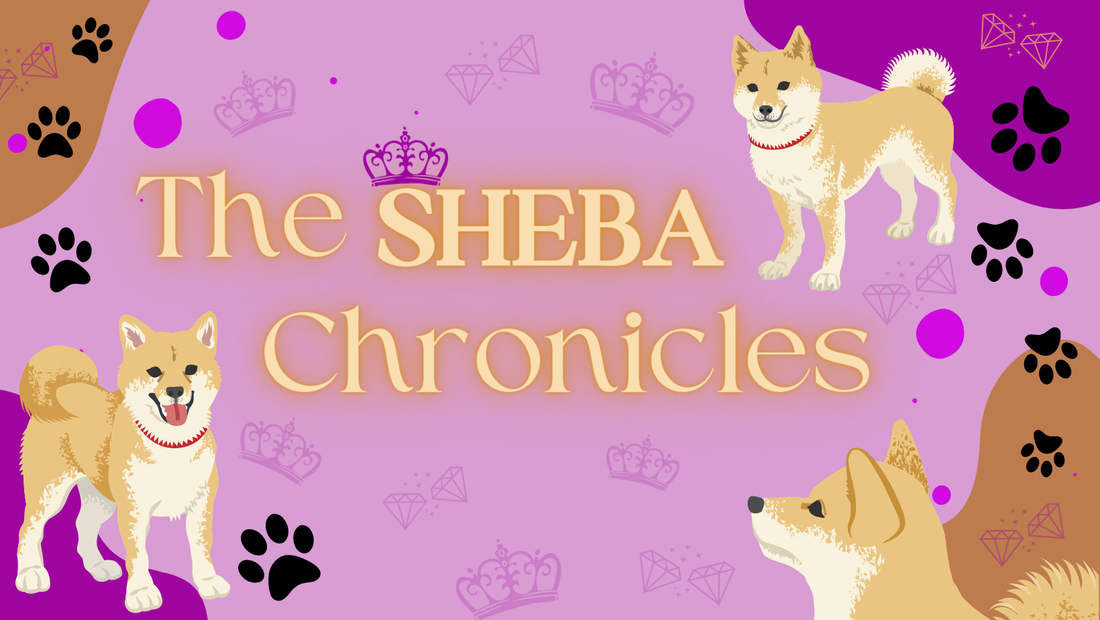
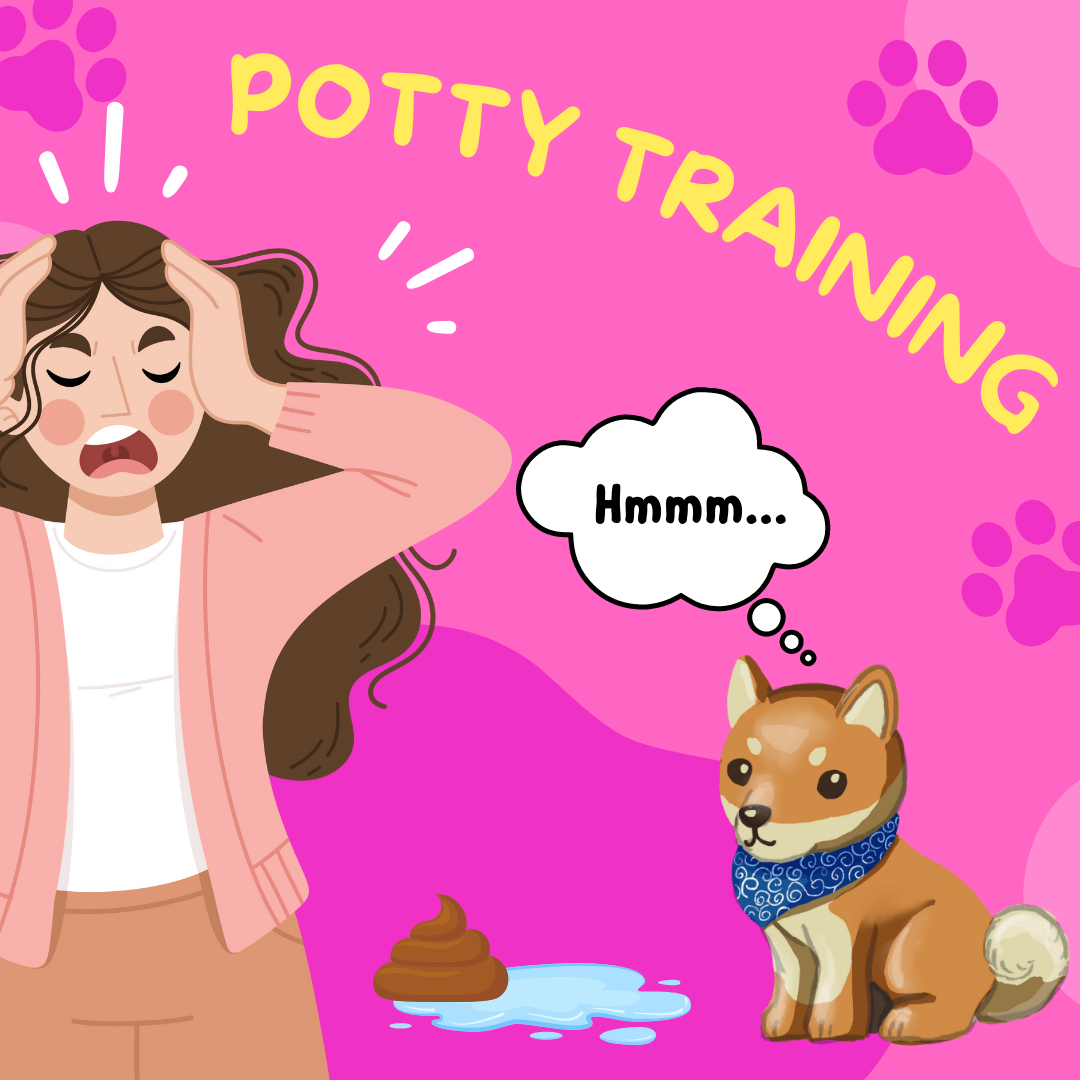
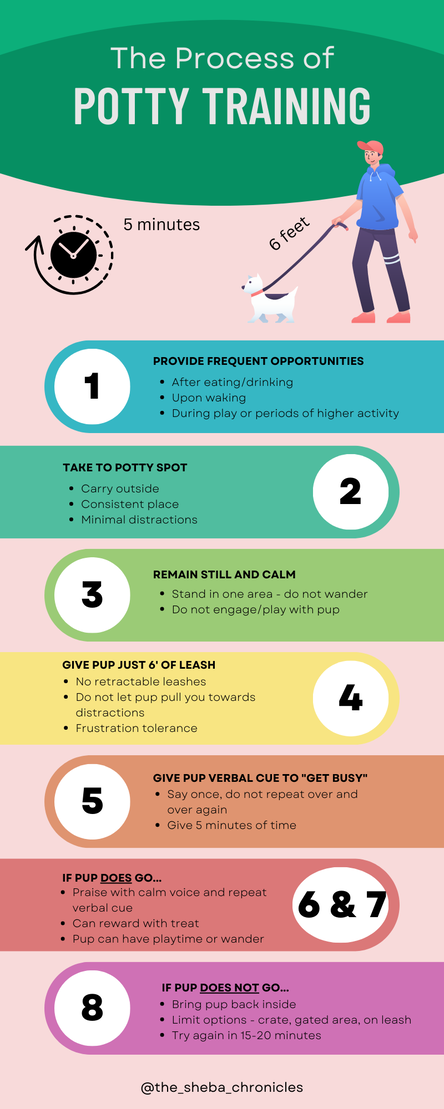
 RSS Feed
RSS Feed
